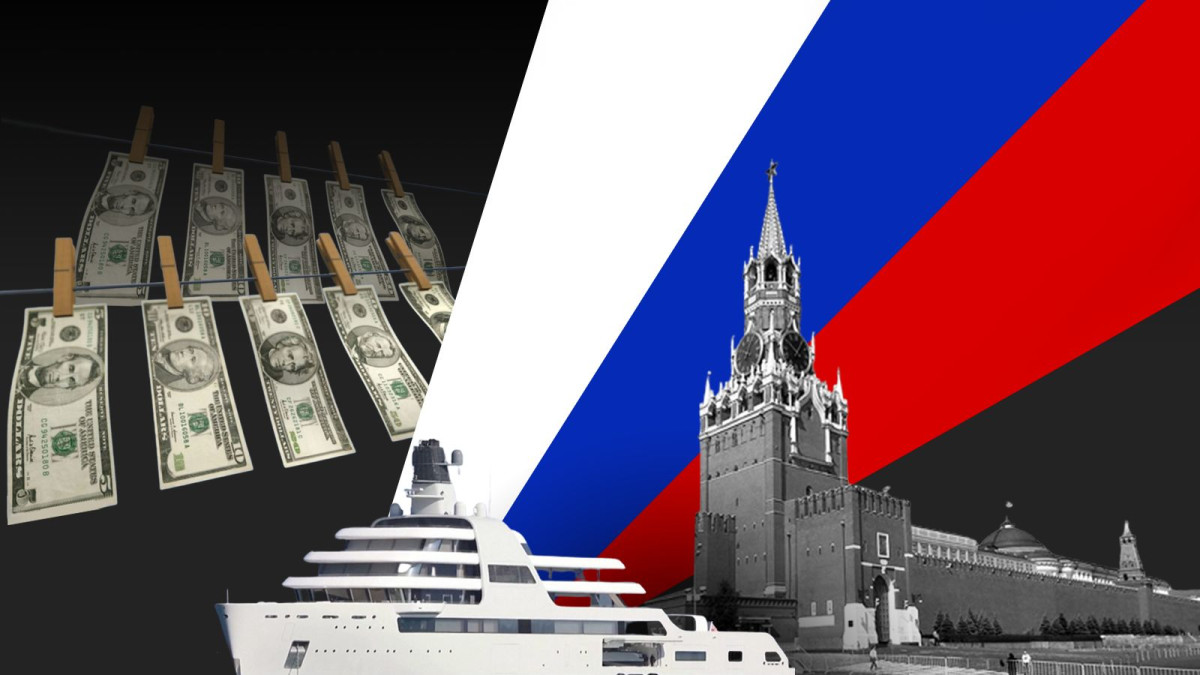

On January 22, Josep Borrell, EU High Representative for Foreign Affairs and Security Policy, announced a shift in the discussion between the EU member states on the use of income received from frozen Russian sovereign assets.
This was reported by Bloomberg.
The EU Foreign Office is precisely the institution that, among other things, is responsible for the EU’s sanctions policy and is developing sanctions packages for the Council of Europe to approve.
In this particular case, this concerns the taxation of income from Russian assets that are stored in the European depository and clearing institution Euroclear in Belgium.
Iryna Mudra, Deputy Minister of Justice, pointed out that about EUR 180 bln of the Russian Central Bank was frozen in Euroclear. These funds are reinvested, and the proceeds of such transactions are considered to be Euroclear’s excess profits. It is these incomes that are proposed to be taxed for the transfer of funds to Ukraine.
Yesterday, EU foreign ministers gave their consent to the introduction of such a tax. Details of the arrangement will be discussed later this week.
Recently, discussions about the confiscation of private assets of Russian kleptocrats abroad have also intensified significantly. However, despite almost two years of the full-scale war, we have hardly seen any real progress on this issue on the part of our international partners. Our experts covered the reasons for this in a separate article.
More information about confiscated Russian property in Ukraine can be found on our online platform, How to Confiscate Russian Assets in Ukraine?
This publication was prepared by Transparency International Ukraine with the financial support of Sweden.
In this particular case, this concerns the taxation of income from Russian assets that are stored in the European depository and clearing institution Euroclear in Belgium.






